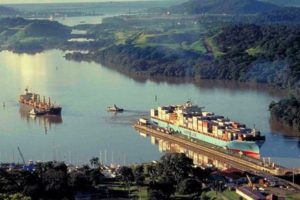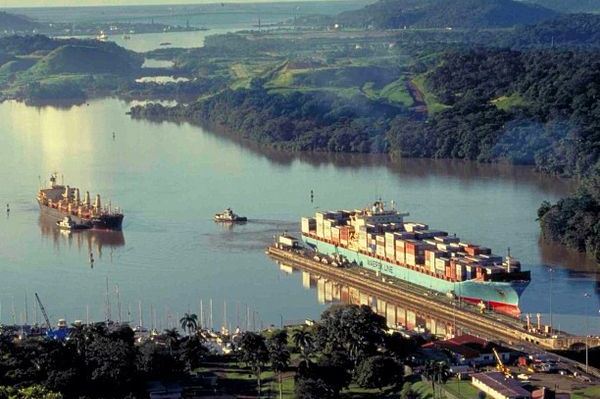 A.P. Moller-Maersk will introduce a new Bunker Adjustment Factor (BAF) surcharge by early next year to enable its container shipping operations to recover the cost of compliance with the impending global sulfur cap.
A.P. Moller-Maersk will introduce a new Bunker Adjustment Factor (BAF) surcharge by early next year to enable its container shipping operations to recover the cost of compliance with the impending global sulfur cap.
“The new BAF surcharge aims at recovering the Maersk Line costs of compliance with the global sulphur cap which enters into force on 1 January 2020,” Moller-Maersk said in a statement.
This regulation, which seeks to reduce air pollution from ships globally by more than 80%, has been developed and adopted by the International Maritime Organization (IMO). Whereas today ships can use fuel with a sulfur content of 3.5%, the new sulfur cap will be 0.5%.
“Maersk Line fully support the regulation, and our preparations to ensure compliance are well underway. The cost of compliance with the new regulation will be significant, so the cost of shipping will increase. It is also expected that the volatility of fuel costs for shipping will increase as the regulation enters into effect,” said the statement.
The new BAF surcharge will be in place by January 1 next year. It is designed to recover increases in fuel-related costs, and allow customers to simulate and calculate the BAF tariff at any fuel price for a given trade route.
Intended to replace the existing Standard Bunker Factor (SBF), the BAF will be charged separately from Maersk Line’s freight rate.
The BAF consists of the fuel price and a trade factor. The fuel price is calculated as the average fuel price in key bunkering ports around the world, while the trade factor reflects the average fuel consumption on a given trade lane as a result of variables like transit time, fuel efficiency, and trade imbalances between head haul and back haul legs.
“Combining the two factors gives customers full predictability of their costs at any given fuel price both before and after 2020,” said Moller-Maersk.
Said Vincent Clerc, chief commercial officer of Moller-Maersk: “The 2020 sulphur cap is a game changer for the shipping industry. Maersk preparations to comply are well underway and so are our customers’ efforts to plan ahead.”
He added: “The new BAF is a simple, fair and predictable mechanism that ensures clarity for our customers in planning their supply chains for this significant shift.”
Moller-Maersk cited industry estimates showing that more than 90% of the global vessel fleet will be relying on compliant fuels when the sulfur rules step into force on January 1, 2020.
“This will also be the case for the Maersk Line fleet, despite a recent investment in a limited number of scrubbers,” it said.
“Based on expected differences in price between current 3.5% bunker fuel and compliant 0.5% fuel, external sources estimate the additional cost for the global container shipping industry to comply could be up to USD 15 billion. Maersk Line expects its extra fuel costs could exceed USD 2 billion,” it further said.
“To allow customers to familiarise with the changed formula, Maersk Line’s BAF surcharge will be introduced on 1 January 2019.” Moller-Maersk said.





